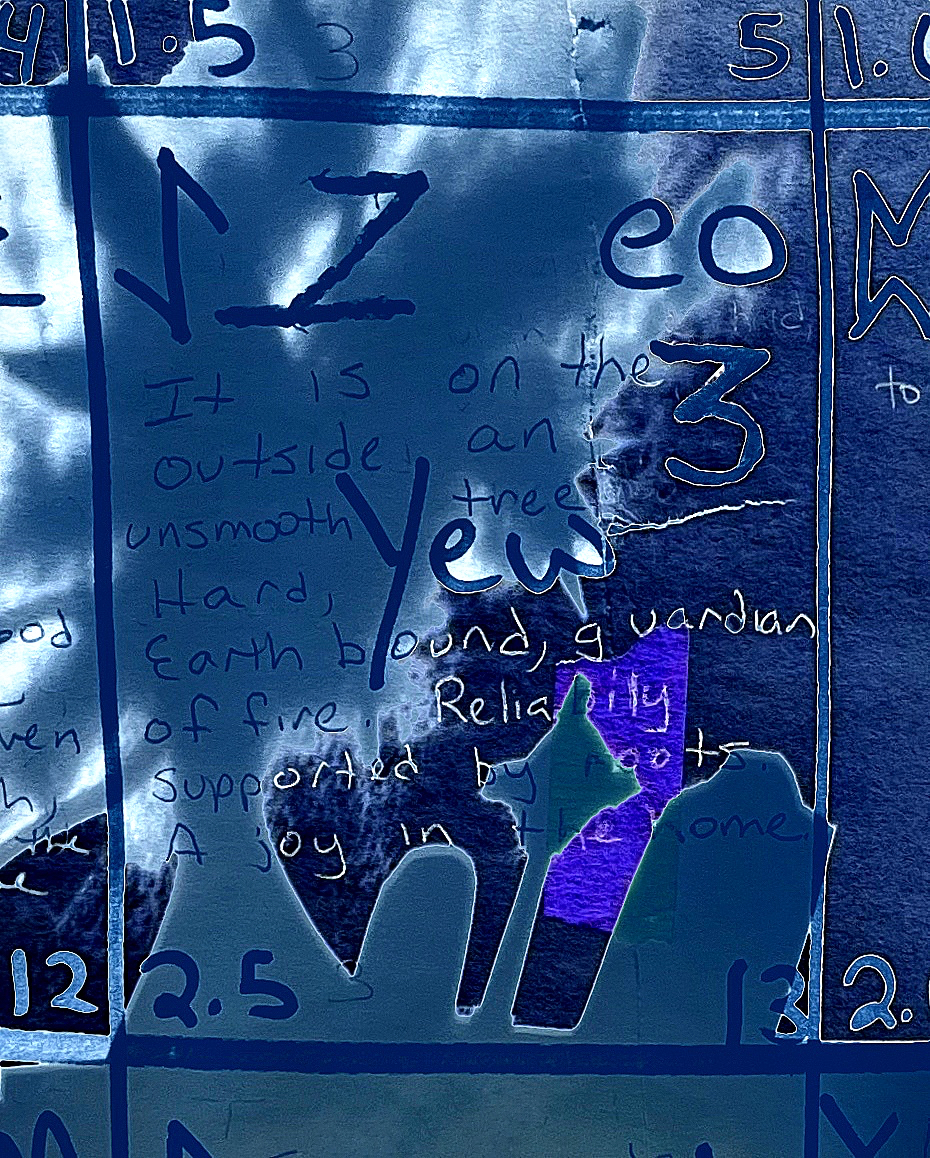
ᛇ byþ utan unsmeþe treow.
heard hrusan fæst hyrde fyres.
wyrtrumun underwreþyd wynan on eþle ᛬᛫
It is on the outside an unsmooth tree.
Hard, earth bound, guardian of fire.
Reliably supported by roots, a joy in the home.
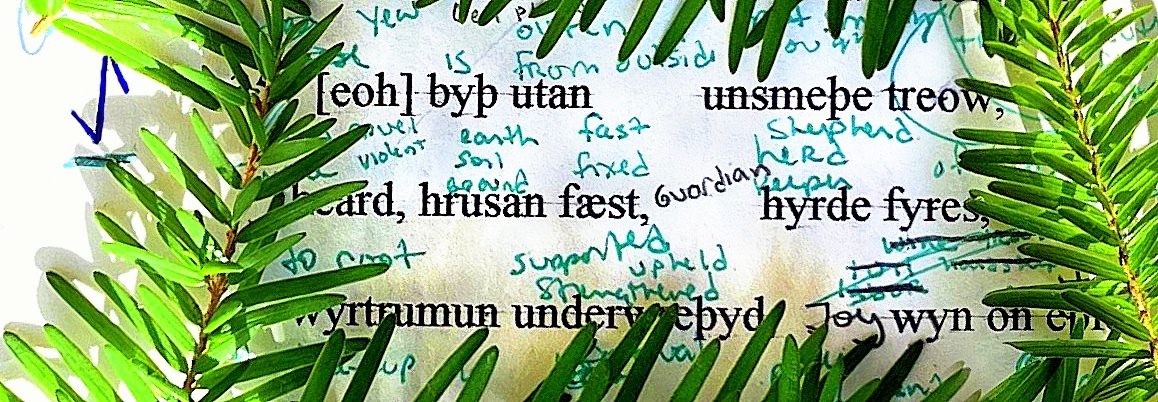 A tree does not show up in the Rune Poem unless it is important. You think they’ll let just any tree grow in these sacred woods? No. These are the god trees. Useful too. The oak grows here, you can eat the nuts, feed them to the pigs, make a drink from them, make boats from the wood, and the elders used to revere it as the world tree. The actual world tree is here too, the ash, also useful for making spears that won’t shatter on impact. Nice straight grained strong wood, that, holds it all up. The birch is a calendar tree, the first to green up in spring so you know the new year has come. You can eat the new shoots, tap it for the sap which makes a nice drink, and it provides twigs for divination. Everybody wants to know the future. And here we … More
A tree does not show up in the Rune Poem unless it is important. You think they’ll let just any tree grow in these sacred woods? No. These are the god trees. Useful too. The oak grows here, you can eat the nuts, feed them to the pigs, make a drink from them, make boats from the wood, and the elders used to revere it as the world tree. The actual world tree is here too, the ash, also useful for making spears that won’t shatter on impact. Nice straight grained strong wood, that, holds it all up. The birch is a calendar tree, the first to green up in spring so you know the new year has come. You can eat the new shoots, tap it for the sap which makes a nice drink, and it provides twigs for divination. Everybody wants to know the future. And here we … More
 An eorl is an earl, a noble person, sometimes a relative of the king, who acts as a local governor within a king’s domain. Eorl is the same word as the Old Norse jarl, meaning a hereditary chieftain, then later a noble person holding a rank just under the king. The eorl and the jarl are in charge of vast lands and lots of people. In Britain, before there were earls or kings, the Romans ran the place and for a brief moment ran the entire Roman empire from Britain until they abandoned it around the year 410, leaving behind a population without a stable government and who still saw themselves as Roman. When a government packs up and leaves they don’t just shut off the lights. Within the next century and a half, the people organized themselves into a government that looked much like the old one, establishing kingdoms with laws governed regionally … More
An eorl is an earl, a noble person, sometimes a relative of the king, who acts as a local governor within a king’s domain. Eorl is the same word as the Old Norse jarl, meaning a hereditary chieftain, then later a noble person holding a rank just under the king. The eorl and the jarl are in charge of vast lands and lots of people. In Britain, before there were earls or kings, the Romans ran the place and for a brief moment ran the entire Roman empire from Britain until they abandoned it around the year 410, leaving behind a population without a stable government and who still saw themselves as Roman. When a government packs up and leaves they don’t just shut off the lights. Within the next century and a half, the people organized themselves into a government that looked much like the old one, establishing kingdoms with laws governed regionally … More
 Things have been hard and rough going and could be the death of you if you don’t get your feet under you and stand firm. You’d best gather your people home and be joyful: you can depend on each other for support.
Things have been hard and rough going and could be the death of you if you don’t get your feet under you and stand firm. You’d best gather your people home and be joyful: you can depend on each other for support.
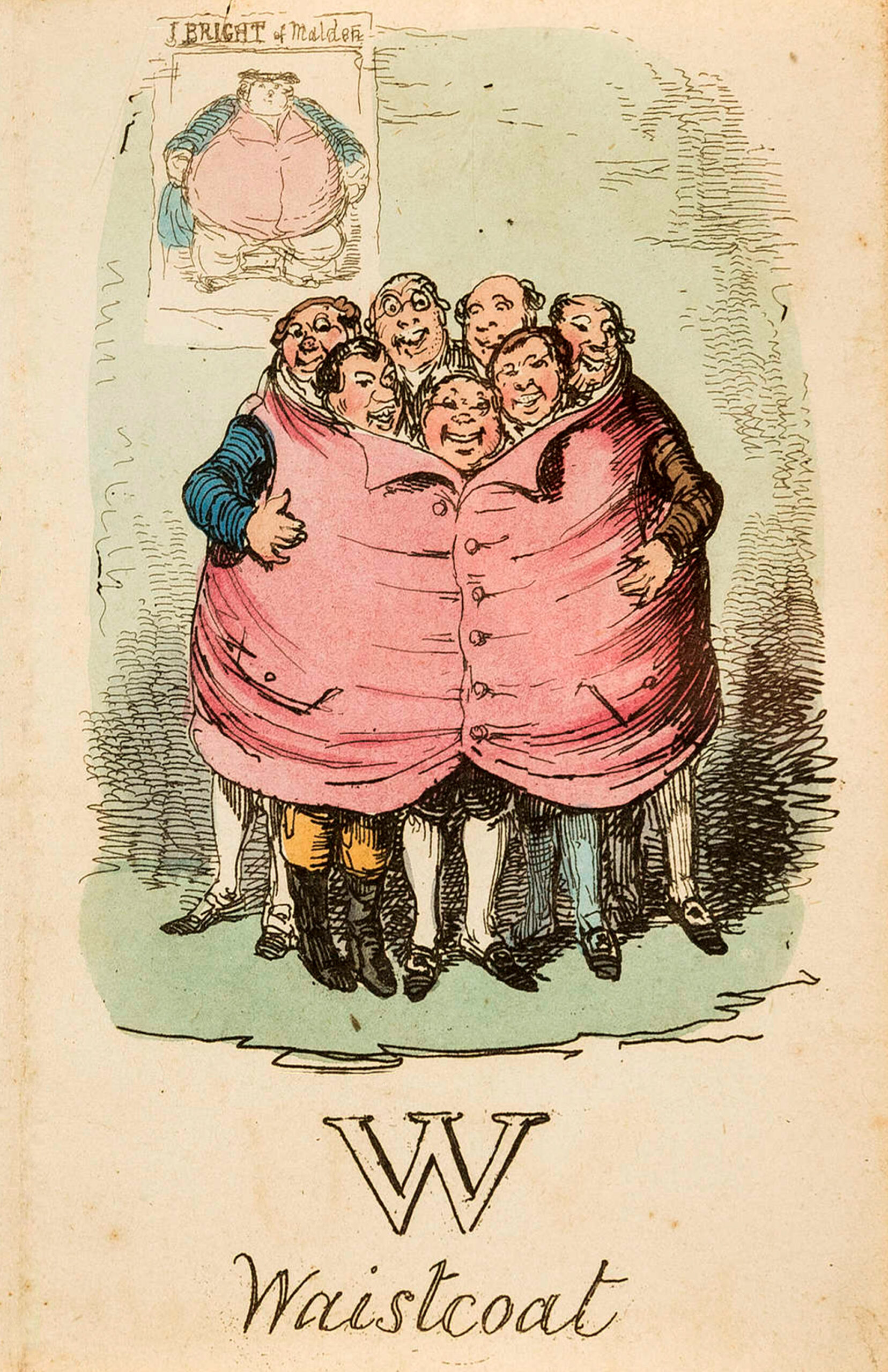
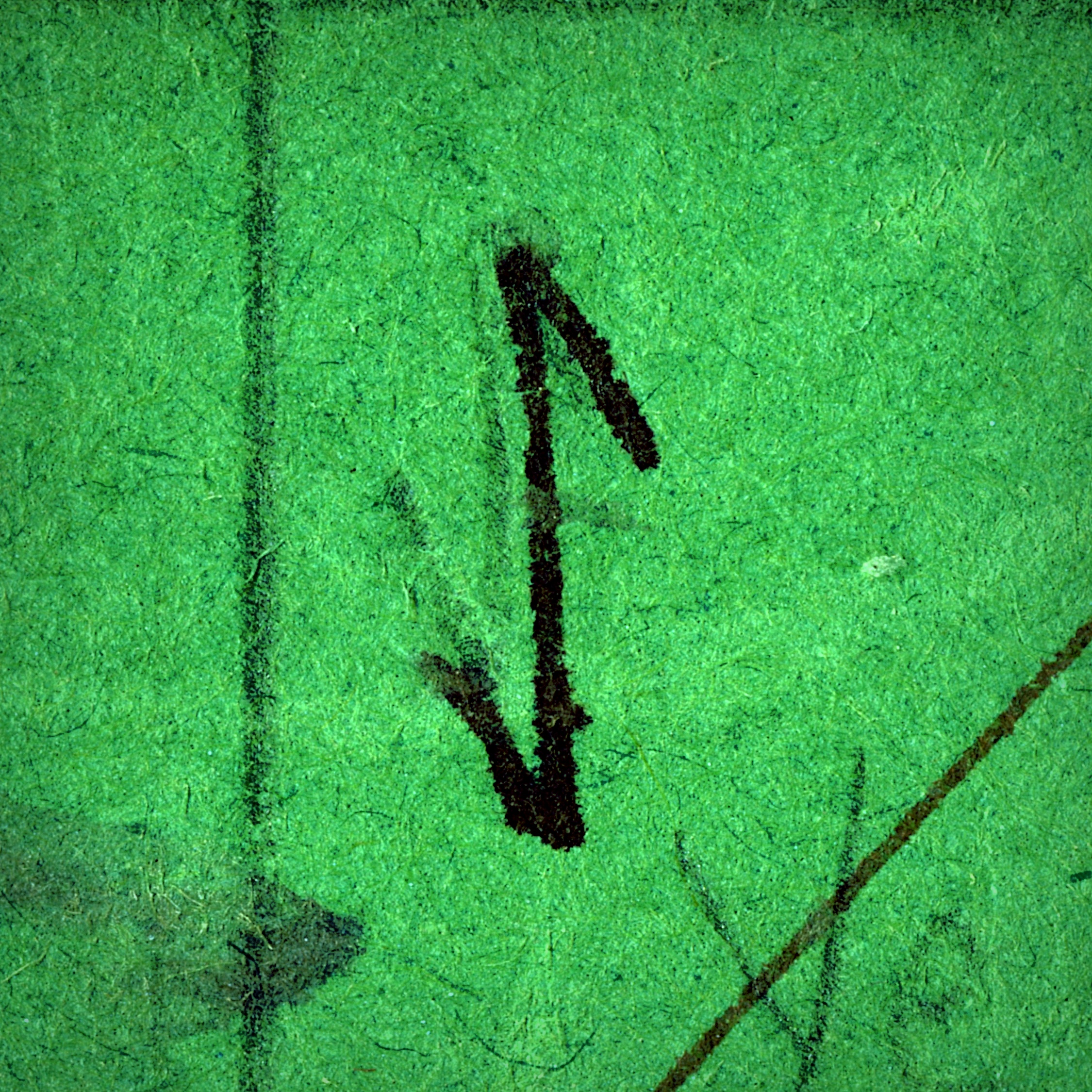 Short E, mouth a little open: eh, no big deal. Let the E fall off past an O. Let it keep falling, we don’t use these sounds together anymore.
Short E, mouth a little open: eh, no big deal. Let the E fall off past an O. Let it keep falling, we don’t use these sounds together anymore.
Carve a line up like a tree then bend the branches back down toward earth on one side. On the other side, send up a new trunk from the ground.
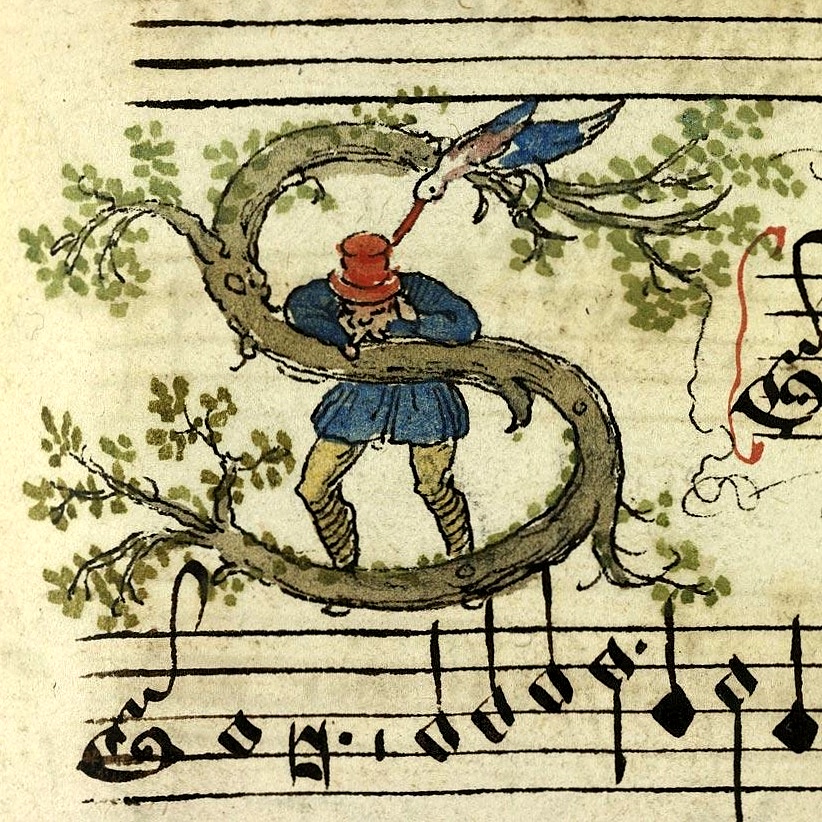
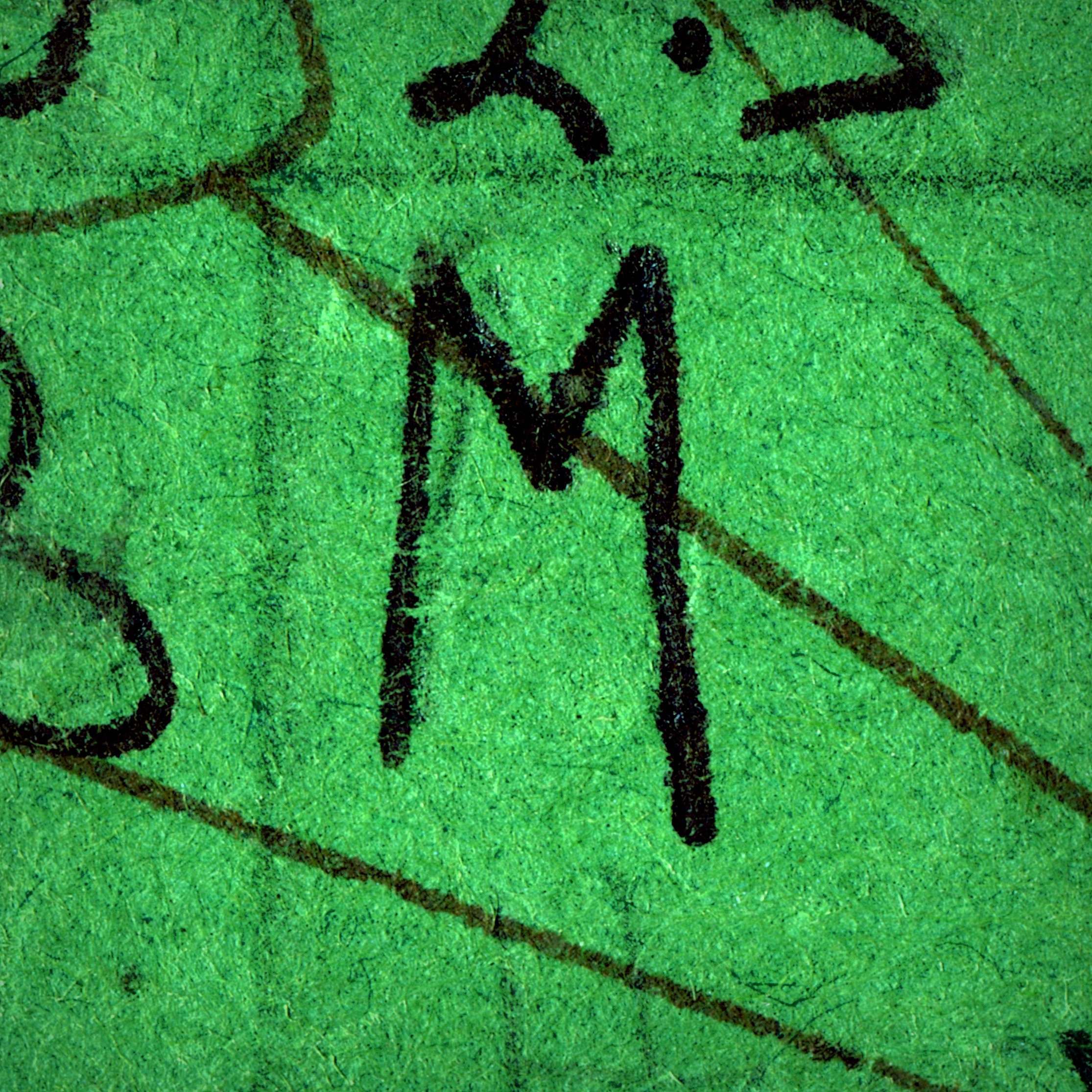 This is the rune for Eh, war horse, letter E. In the Cotton library manuscript called Galba A.ii (burned in a different fire from the one that got the Old English Rune Poem) the name of this rune is spelled eoh. In other manuscripts the name is spelled Eh as it is here, not with an EO at the start. There’s another rune for EO: ᛇ, spelled eoh like it’s a horse but it means a yew tree. This is the Rune Poem catching a vowel shift, from E to EO. This rune gets tangled up in ᛟ as well, Eþel, the rune for Œ. Notice that is not an Œ at the front of ᛟ’s name, it’s an E. ᛟ used to be œþel, but that sound shifted into E from what used to be mostly O sounds. Vowels are shapeshifters. The sound of this one makes us smile.
This is the rune for Eh, war horse, letter E. In the Cotton library manuscript called Galba A.ii (burned in a different fire from the one that got the Old English Rune Poem) the name of this rune is spelled eoh. In other manuscripts the name is spelled Eh as it is here, not with an EO at the start. There’s another rune for EO: ᛇ, spelled eoh like it’s a horse but it means a yew tree. This is the Rune Poem catching a vowel shift, from E to EO. This rune gets tangled up in ᛟ as well, Eþel, the rune for Œ. Notice that is not an Œ at the front of ᛟ’s name, it’s an E. ᛟ used to be œþel, but that sound shifted into E from what used to be mostly O sounds. Vowels are shapeshifters. The sound of this one makes us smile.
Carve … More
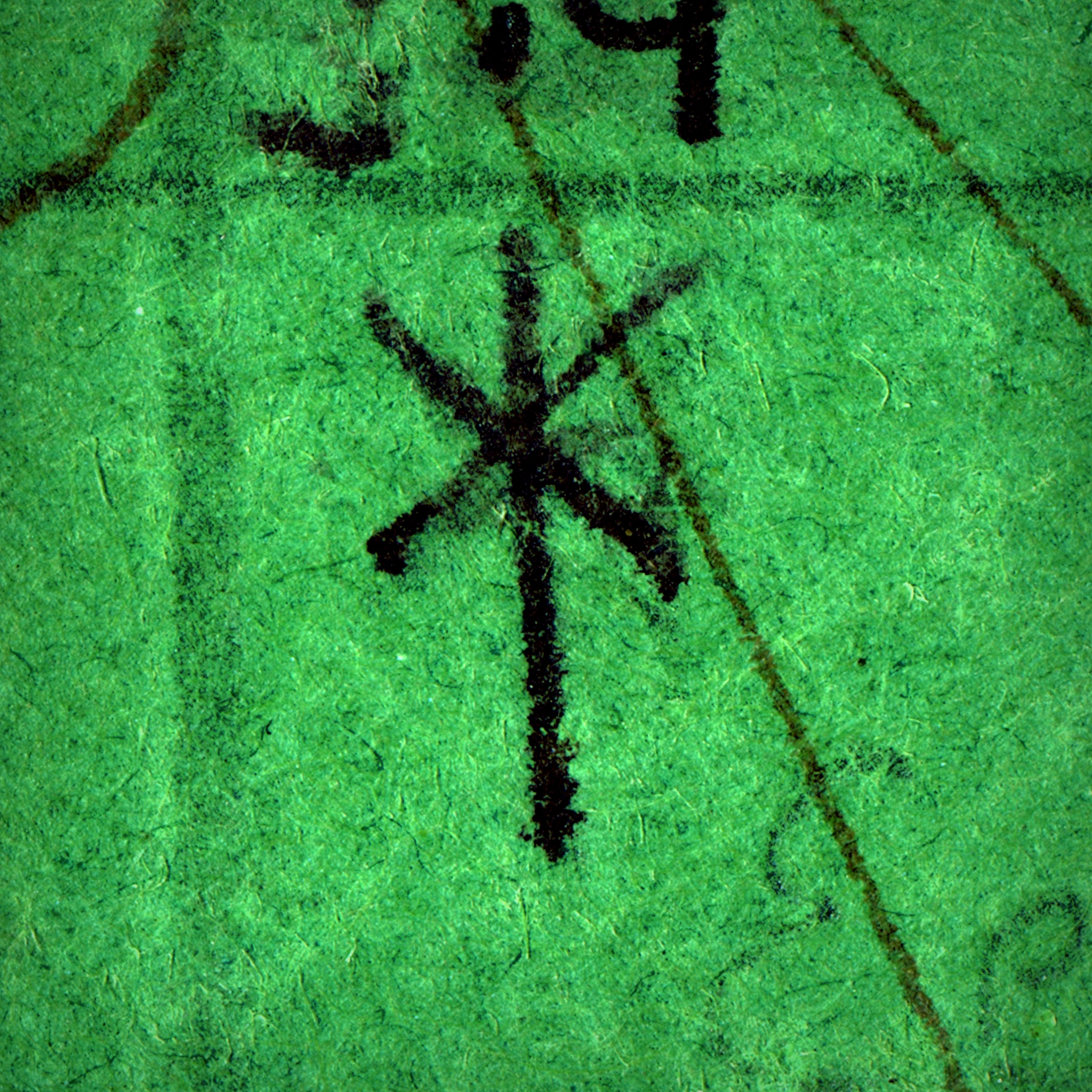 IO: extinct Old English diphthong. Of the bajillions of possible sounds we can make with our voices, only a few are needed for language. We made this one redundant. Exiled. Fired its ass. It barely did anything around here. What’s it for? It’s absent from other Old English alphabet collections, the malingerer. It’s unwanted as far as we’re concerned. EO does everything IO can do, and does it better. We don’t need IO. What’s IO even doing here? Pack up your stuff IO and get out, you’re history.
IO: extinct Old English diphthong. Of the bajillions of possible sounds we can make with our voices, only a few are needed for language. We made this one redundant. Exiled. Fired its ass. It barely did anything around here. What’s it for? It’s absent from other Old English alphabet collections, the malingerer. It’s unwanted as far as we’re concerned. EO does everything IO can do, and does it better. We don’t need IO. What’s IO even doing here? Pack up your stuff IO and get out, you’re history.
But of course IO has to be difficult on its way out. Typical. Try carving this one into anything. You’ll need a precise hand and a sharp knife. A little finesse. This isn’t hammer and chisel like ᚢ. Make an X, now draw a line through it without slipping to one side or the other. Pass straight through that X’s meeting point, right down … More
